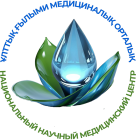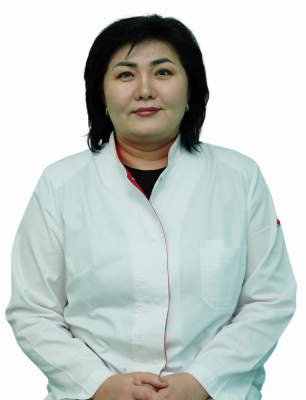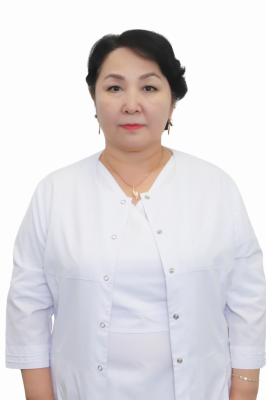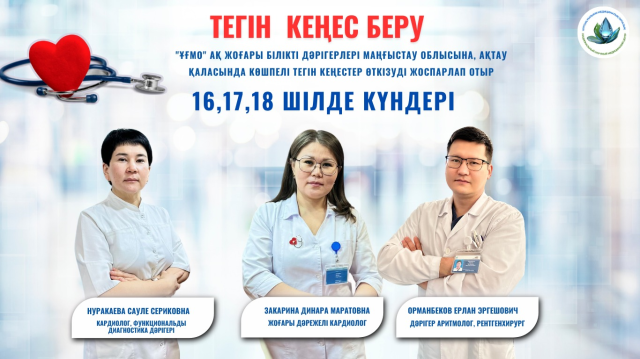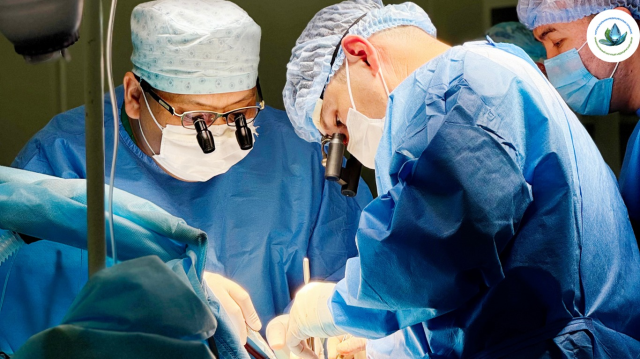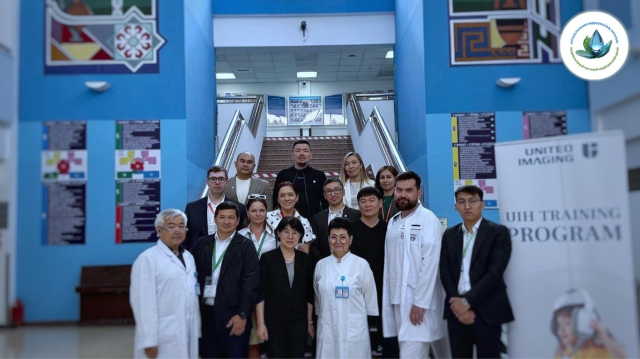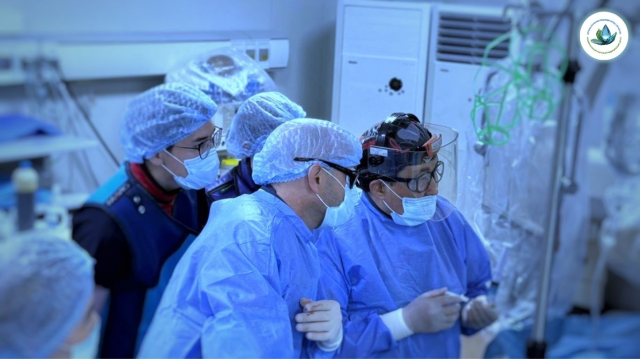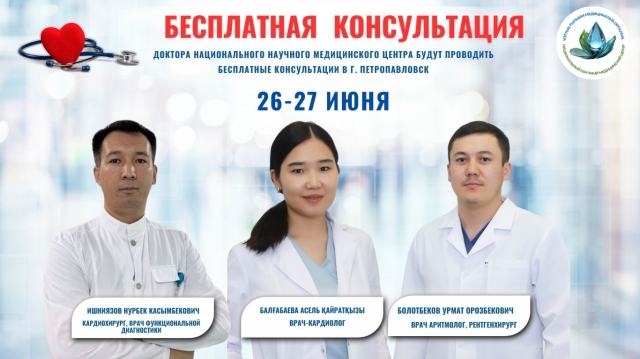The work of the department is closely connected with anesthesiologists, perfusiologists and surgeons. Currently, the department is successfully producing almost all blood and plasma components, which fully complies with the principles of component transfusion therapy. This approach is widely used in cardiac surgery, general and thoracic surgery, urology, gynecology and other departments of the clinic. The transfusiological activity of the department is estimated to be high - more than 5,000 doses of blood components per year.
The department's responsibility includes constant monitoring of the quality of the harvested blood, its components, as well as ensuring the conditions for storage and distribution of transfusion media at the request of the medical units of the clinic.
The work of the department is carried out using the IH-500 BIO-RAD analyzer and the Ortho BioVue system apparatus, which allows the determination of blood type and Rh factor using special gel cards. This new method is characterized by high accuracy, speed and simplicity. The results of the study are clearly visible and exclude ambiguity.
During the work of the department, there were no cases of hemolytic reactions associated with incompatibility of the donor-recipient pair.
The Department provides the following services:
- Accepts urgent and scheduled applications for blood components from medical departments.
- Carries out the receipt, transportation, accounting and storage of blood components and preparations, as well as delivery to clinical departments.
- Provision of operations accompanied by blood loss with blood components for urgent indications
- Performing immunohematological studies of recipient blood samples, including determination of blood group and Rh factor using gel methods and monoclonal antibodies, screening of antierythrocyte antibodies, direct and indirect Coombs test, as well as determination of individual compatibility;
- Introduction of new technologies to determine the phenotype and compatibility;
- Control over the correctness of immunohematological studies and registration of appropriate documentation by attending (on-duty) doctors, as well as monitoring the rational use of blood components;
- The use of blood-saving technologies to reduce blood loss (reinfusion);
- Participation in the organization of donation.
